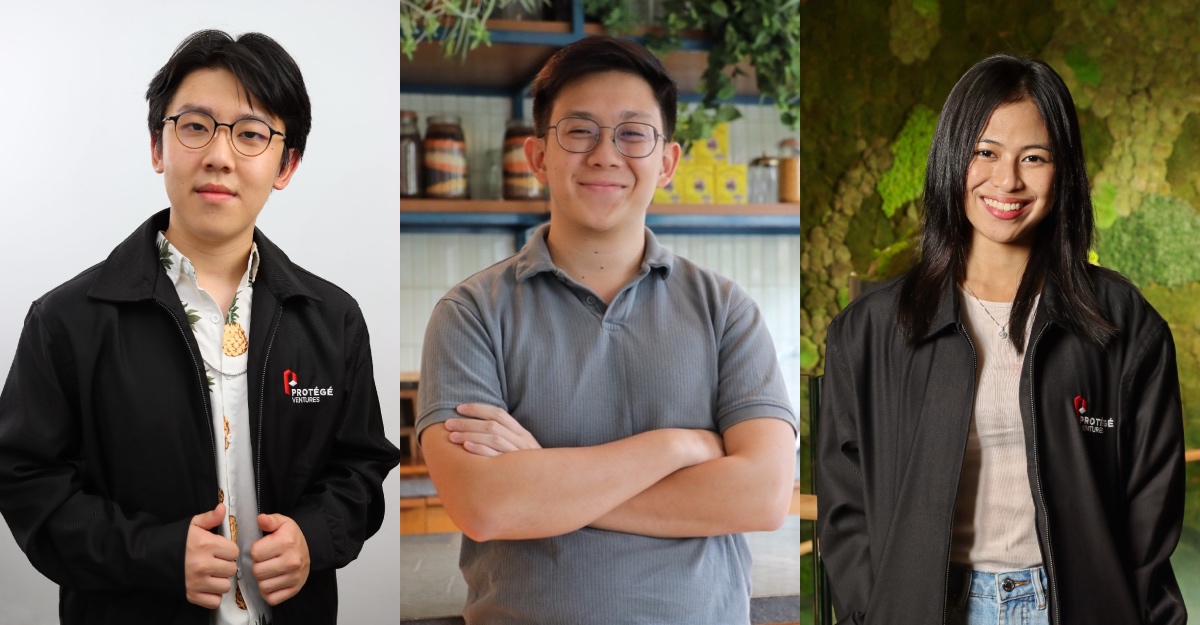“It’s a boy!” “It’s a girl!” Long before you were given a name, the first thing the world knew about you was your sex — a trait that we often think of as synonymous with gender. Gender, as a social construct, is a little like air — we seldom consciously notice it, but it permeates and shapes our every action and choice.
How, then, does it feel when gender and sex don’t neatly align? It’s no secret that those identifying as transgender often face at best bewilderment, at worst ostracism and discrimination, in a society where they must still live their lives in the half-light of shame and secrecy. But for Singapore to progress toward the “justice and equality” enshrined in our pledge, one of the first steps we should take might be bringing the stories of transgender individuals out into the open.
With this in mind, we spoke to June Chua, founder of trangender empowerment project The T Project and Singapore’s first shelter for homeless transgender individuals, to find out what it’s like to be born with the wrong gender.

Born This Way
First things first, to say that transgenders are “born with the wrong gender” isn’t quite accurate. Instead, June patiently explained, she thinks of herself as being born transgender, as well as born female — being a male initially was simply something she was assigned with at birth.
“I was born a transgender, and became aware of my gender identity when I was 12 years old. No one ‘becomes’ a transgender, just like how an individual isn’t ‘transgendered’, but ‘transgender’. The term ‘transgender’ is a noun, it’s not descriptive.
So I wasn’t born in the ‘wrong gender‘, but more like in the wrong body. My assigned gender at birth was male, but my preferred gender, which I was born with and become aware of later in life, is female.”

This was just one of many misconceptions for which June had to correct me during our interview, and it was a humbling experience realising how little I actually knew about being transgender beyond the stereotypes. (Although all things considered, June has had to dispel worse fallacies: she says that she’s been asked whether, being transgender, she has a shorter lifespan.)
For instance, when I asked about how she grappled with the dilemma of undergoing sex reassignment surgery (SRS) at the young age of 17, the now-42-year-old placidly revealed that she faced “no struggle, internal or otherwise”.
“It was a natural process for me… I’ve been very comfortable with my sexuality and gender identity since young, and I totally embrace myself for who I am.
I’ve never hated my body at any point of my life — I’ve been totally comfortable with myself whether pre- or post-op. I already viewed myself as a female regardless of one extra organ, so the surgery was just an affirmative procedure that aligned my body to what I feel inside.”

The only thing the surgery in Thailand changed for her, June said, was the gender marker on her identity card — in the eyes of the Singapore law, she could now be considered legally female. She stresses that other than that, going under the knife “didn’t make me alter my behaviour in any way” — although, she cheekily added, “it did make me squat down whenever I have to take a piss!”
Love, Not Hate

There’s no doubt that June was lucky. Her largely positive experience with negotiating her gender identity was strengthened by her supportive family, whom she says “chose love instead of hate”. But in a society with a largely conservative outlook on issues like homosexuality and same-sex marriage, social stigma against the LGBTIQ community remains pervasive.
“A lot of transgender individuals,” June confirms, “are chased out of the house and have to fight to survive.” And worldwide, studies have shown that social and familial prejudice against those who do not conform to gender norms make such individuals prone to depression, anxiety and guilt, and difficulties with self-acceptance — even if, as June has proven, transgender persons are not naturally at odds with their identities.

Such intolerance also manifests itself in economic terms. June, who works at a women’s healthcare centre, confesses that one of the challenges she’s faced as a transgender person is limited employment opportunities: “Employers don’t see my gender identity as a strength, but as a nuisance.”
On a deeper level, transgender people often suffer academically because of harassment in schools, indirectly limiting their employment options later in life — June herself studied Art at St Andrew’s Junior College, but dropped out when she was ostracized by her classmates for her effeminate behaviour and appearance. Anything resembling trans-affirmative counselling at that time, she says, was unheard of. Facing difficulties in making new friends, she left school to complete her transitioning.
To June, these muddled prejudices are superfluous. On the topic of relationships, she states simply, “When a person accepts me, he would see past my gender identity and see love, not what I might or might not have between my legs.
“Relationships, to me, are about two people’s love for each other, regardless of other people’s views or opinions.”
No Transgender Left Behind

By setting up a shelter for homeless transgender individuals — the first-ever such shelter in Singapore — the gutsy June aims to provide a sanctuary for those of her brethren who have been neglected or rejected by society. This shelter, a shophouse attic which she set up with her transgender sister Alicia, currently houses three transwomen: Rose, a 77-year-old former sex worker, 21-year-old Maya who was kicked out of her home, and one in her 40s who faces trouble finding employment.

What she would love to build, June reveals, is an independent shelter of her own, sheltering transgender residents and managed by transgender individuals. But, she points out, a shelter like this wouldn’t truly indicate progress, since it implies a continued need for transgender people to seek refuge from mainstream society.
“Five years down the road, I truly hope the transgender shelter becomes redundant — this would mean that the transgender community here is able to be in charge of their lives, and lead purposeful, meaningful and happy lives.”
How long before such a vision can come true? June feels that Singaporeans’ attitudes toward the transgender community are evolving for the better: “There’s been more acceptance, more awareness over the past decade,” she suggests. But she believes we still have a long way to go towards “seeing a transgender as a person first — that their gender identity is a strength, not a hindrance to their abilities.”

With so much life experience under her belt, it’s no wonder that June has a remarkable generosity of spirit which you’d be hard-pressed to find. “I feel very blessed”, she says, “to have a transgender sibling and a supportive family.” The shelter is her way of stepping up to support her brethren and helping them get back on their feet.
It’s also clear that June practises the acceptance and non-judgement she preaches. A philosophy which keeps her going, she reveals, is this:
“This is what I always remind myself:
Be kind,
Be kind,
Be kind!”
After all, there can never be too much kindness in this world.









